Speaking to mediapersons at a press meet at the Police Commissioner's office in Mangalore on Thursday, Mr. Infant said that police does not intend to arrest anyone without a reason. “What I know from the information that I have received so far is that there are evidences against him pointing towards his involvement in naxal activities. The police have taken the step after watching his movements. He is found to have given logistic support to the naxals and attended their meetings. From his mobile phone call details it has been found that he was in touch with naxalites. But I have sympathies for him since he is a student and will look into the matter and verify the claims against him”, Mr. Infant said.
Of his visit to the ANF camps at Karkala and Sringeri, the DGP said that the morale of the personnel deployed in the regions is high and are doing a good job in the midst hostile terrains. “Our job is to provide security to the people of these naxal affected areas and our sheer presence has instilled confidence in them”, he said.
Stating that the police department intends to bring misguided youth back to the mainstream, Mr. Infant said that the police has kept its surrender policy open. “Some have already surrendered and some are in the process of surrendering themselves. We want to rehabilitate them and bring them to the mainstream. They should be able to stand on their feet. We are open to making changes in the policy too in case there is room for improvement. But those naxals who indulge in crime will be dealt with under the law and as far as they are concerned, there will be no let-up”, Mr. Infant said.
Responding to one of the queries from mediapersons about the investigation of the cache of arms that were recovered from a naxal affected area in Belthangady recently, Mr. Infant said that probe is in progress and an attempt to trace the origin of the granades is being made.
When asked about the Panjinamogaru double murder case, the DGP said that CID is investigating the matter.
He refused to comment on the Shankar Bidari episode involving the government stating that the matter is subjudice.

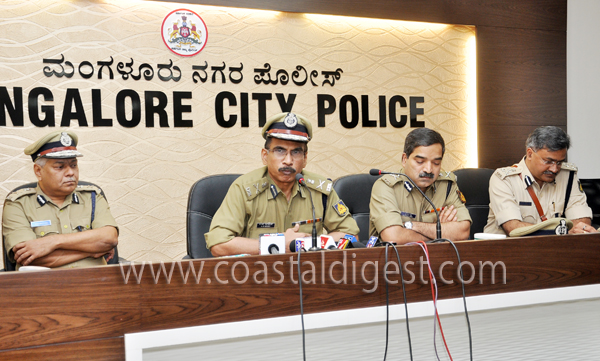
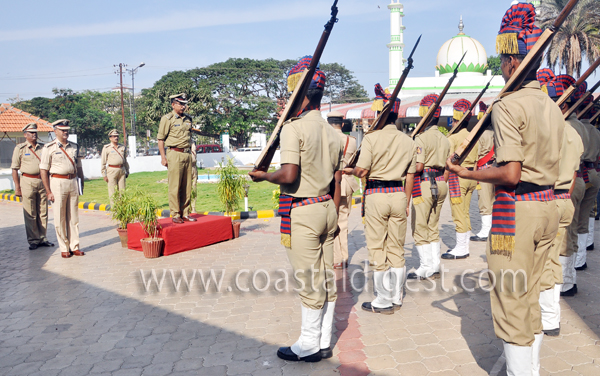
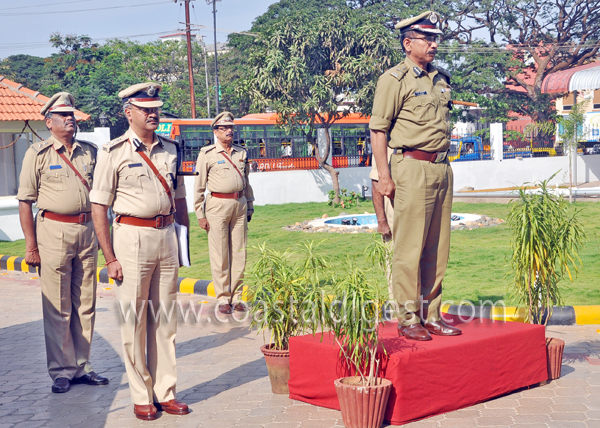
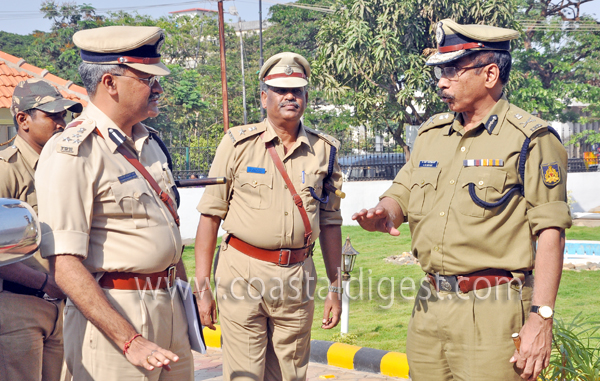
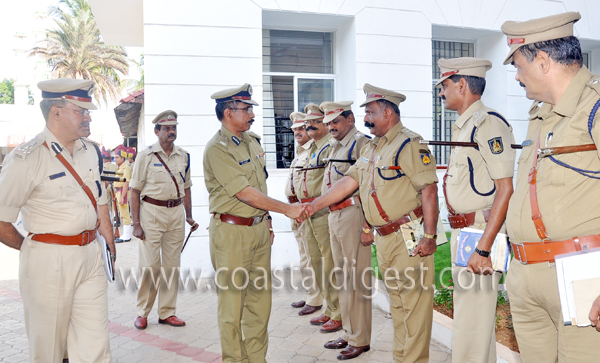
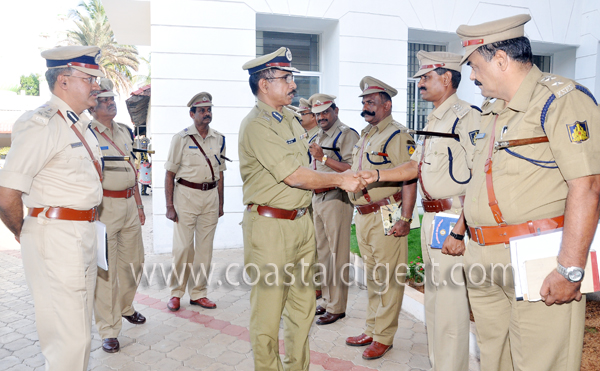
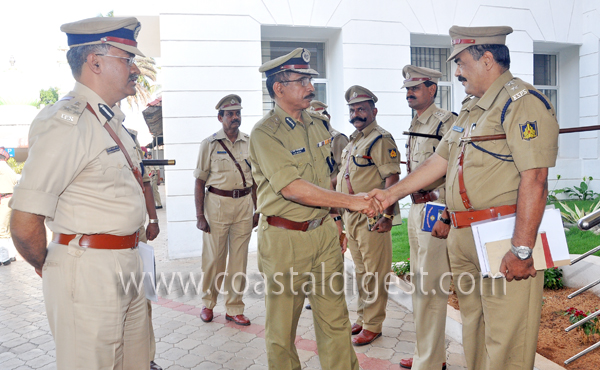
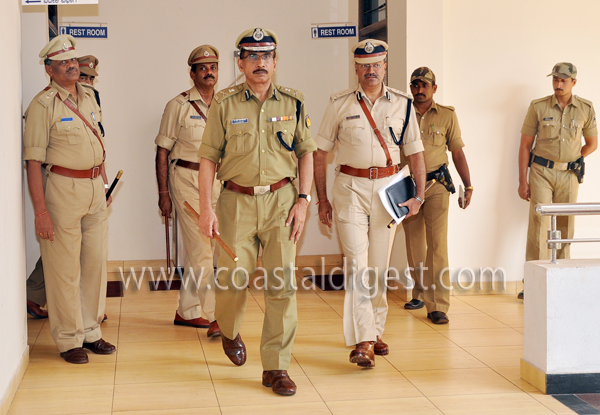





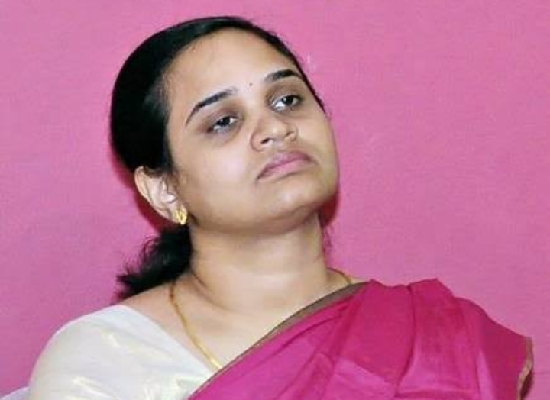
Comments
Add new comment